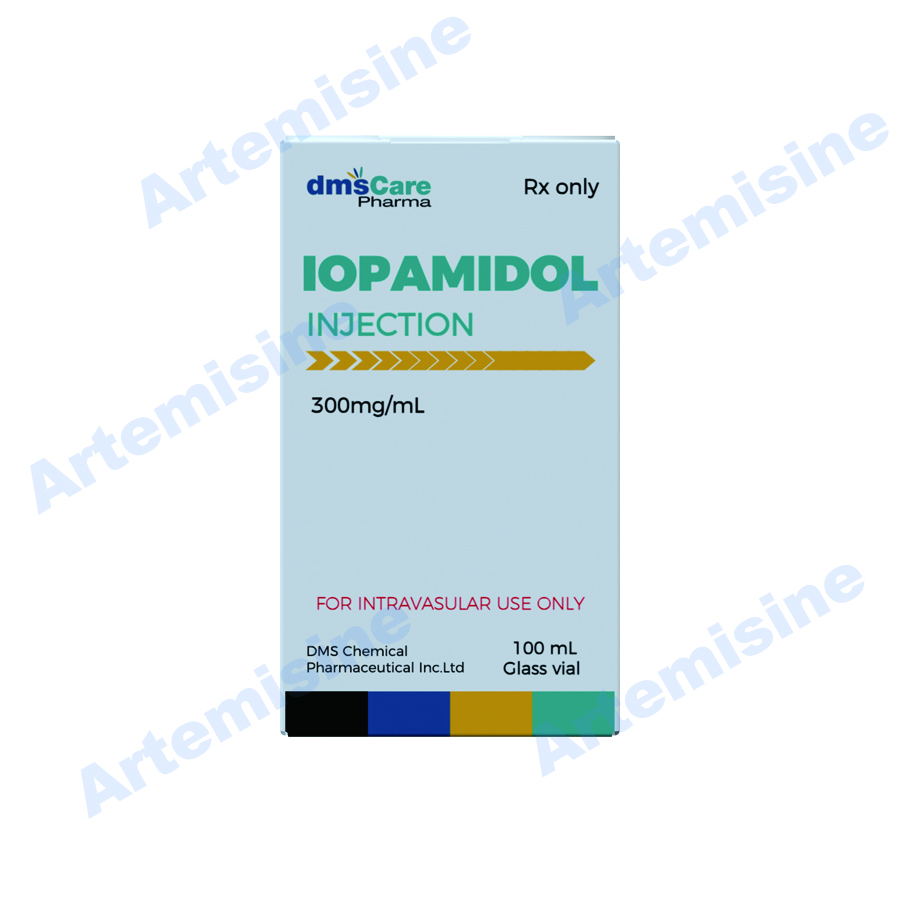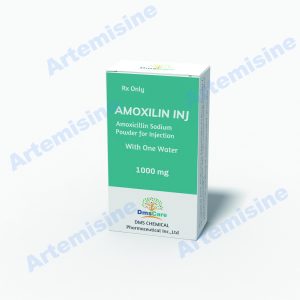Product Description
Products Name:
Iopamidol Injection
Contains:
300mg/ml 100mL
Package:
100 ml bottle
What is iopamidol?
Iopamidol is a radiopaque (RAY dee oh payk) contrast agent. Iopamidol contains iodine, a substance that absorbs x-rays. Radiopaque contrast agents are used to allow blood vessels, organs, and other non-bony tissues to be seen more clearly on a CT scan or other radiologic (x-ray) examination.
Iopamidol is used to help diagnose certain disorders of the heart, brain, blood vessels, and nervous system.
Before taking this medicine
Tell your doctor if you have ever had:
- any type of reaction to another contrast agent;
- liver or kidney disease;
- heart disease, including congestive heart failure;
- a stroke, blood clots, or coronary artery disease;
- asthma, hay fever, food allergies;
- epilepsy or other seizure disorder;
- sickle cell anemia;
- diabetes;
- an active infection;
- pheochromocytoma (tumor of the adrenal gland);
- multiple myeloma (bone cancer); or
- a thyroid disorder.
It is not known whether iopamidol will harm an unborn baby. Tell your doctor if you are pregnant.
Tell your doctor if you are breast-feeding.
How is iopamidol used?
Iopamidol is given as an infusion into a vein or artery. A healthcare provider will give you this injection.
You may be given medication to prevent certain side effects while you are receiving iopamidol.
Tell your caregivers if you feel any burning, pain, or swelling around the IV needle when iopamidol is injected.
Drink extra fluids before and after your radiologic test. Iopamidol can cause you to get dehydrated, which can lead to dangerous effects on your kidneys. Follow your doctor’s instructions about the types and amount of fluids you should drink before and after your test.
Older adults may need special care to avoid becoming dehydrated. Your kidney function may need to be checked after you have received iopamidol.
Some people receiving iopamidol have had reactions that did not start until 30 to 60 minutes after the medicine was first given. Your caregivers may want to watch you during this period of time after your injection. This is to make sure you do not have any unwanted side effects or delayed reactions.
Iopamidol can interfere with certain medical tests for up to 16 days after you are treated with this medicine. Tell any doctor who treats you that you have recently received iopamidol.




